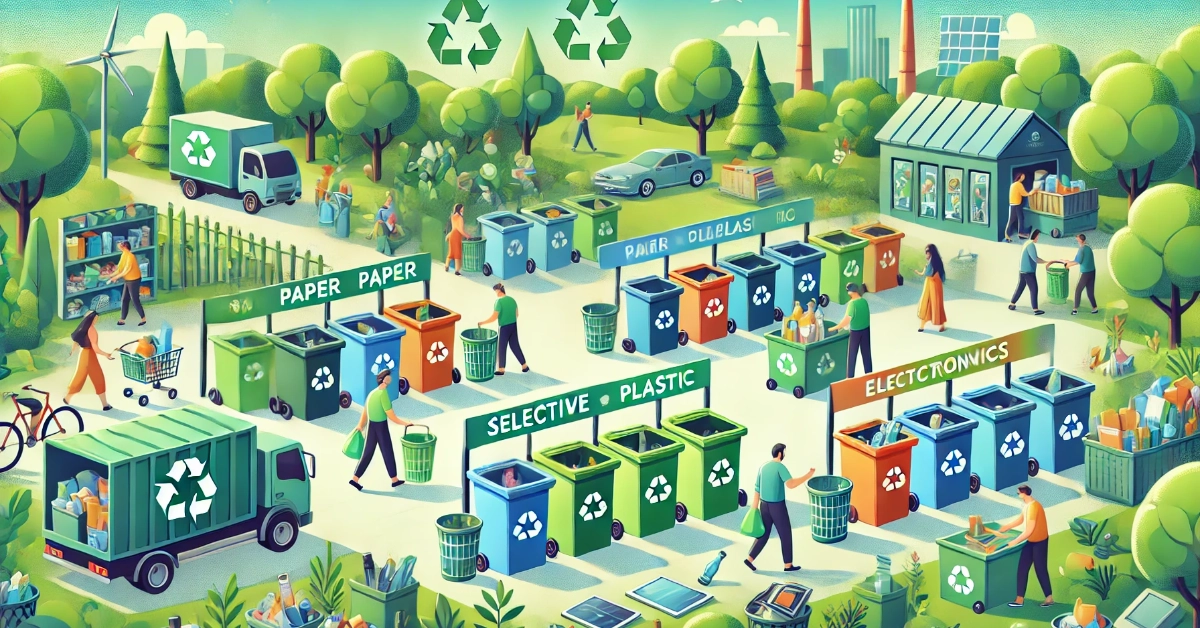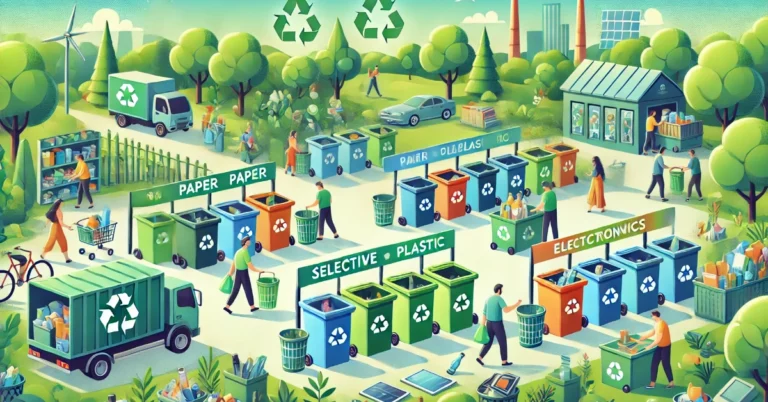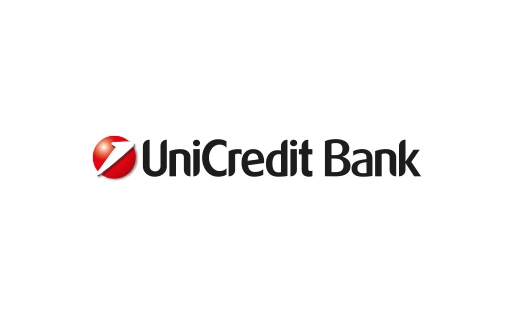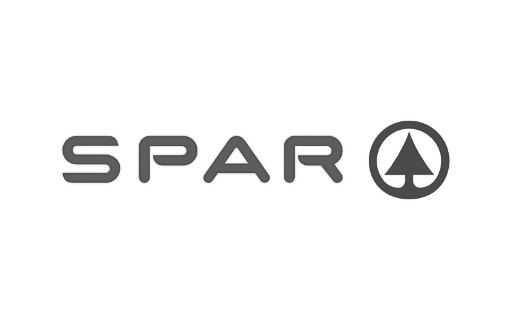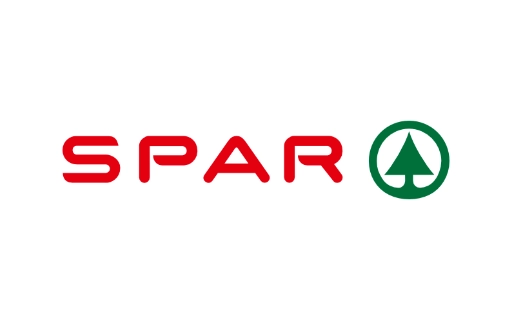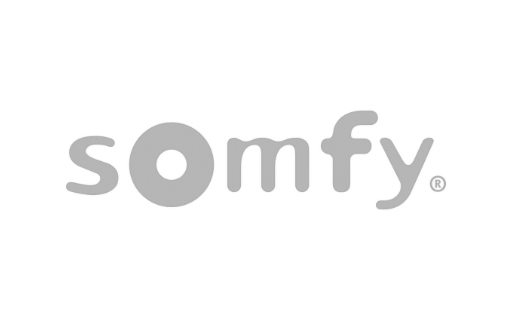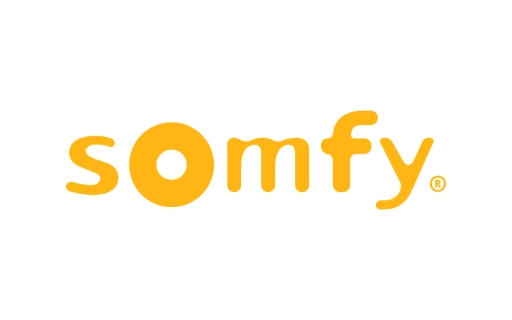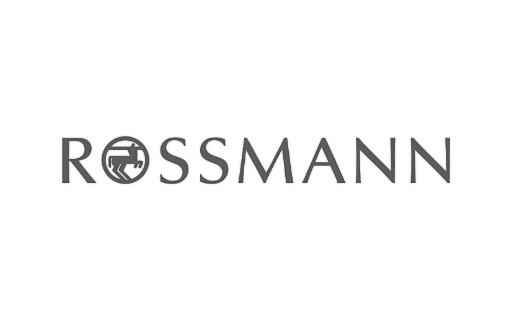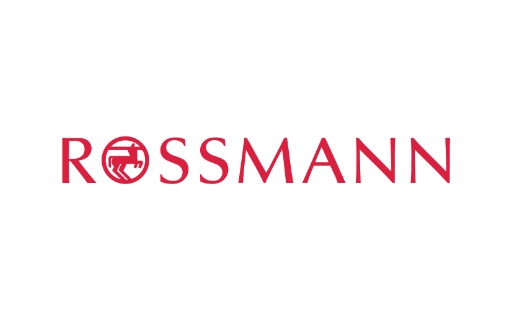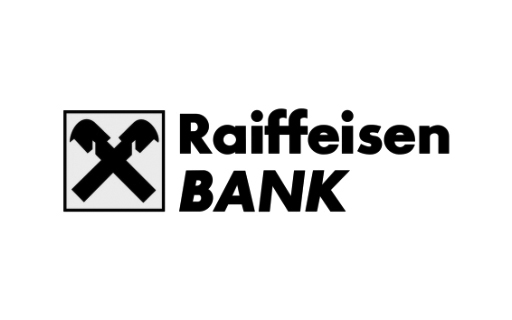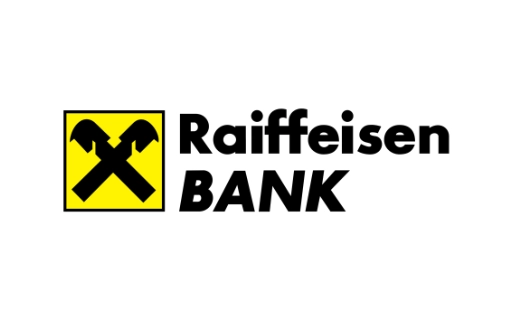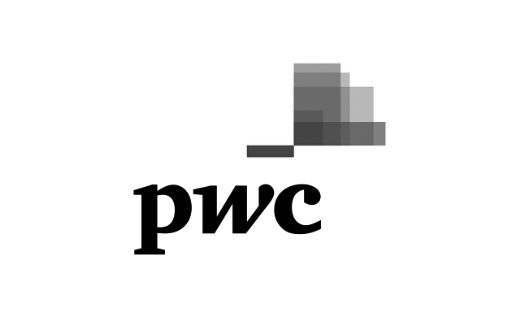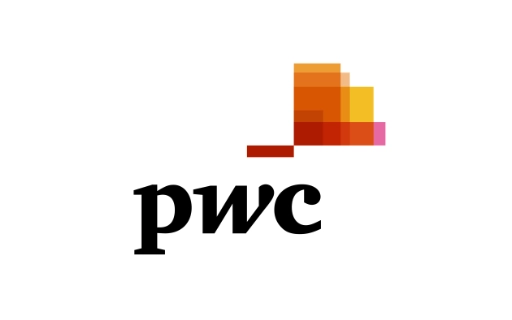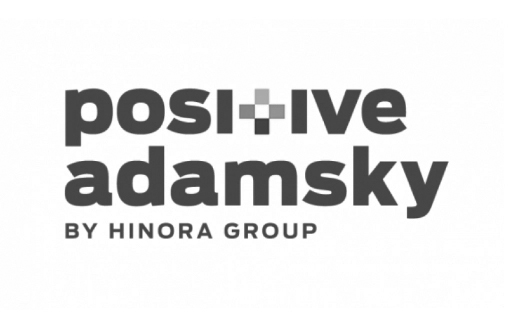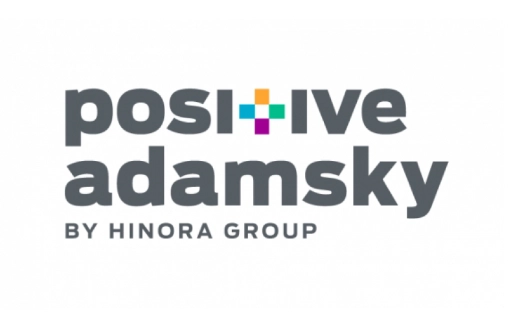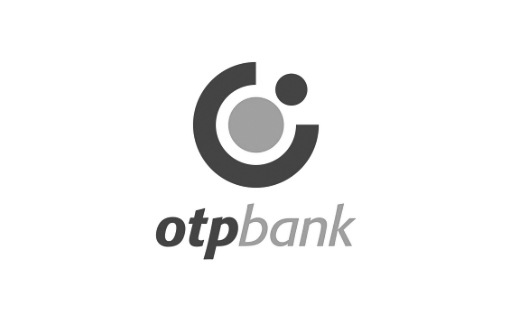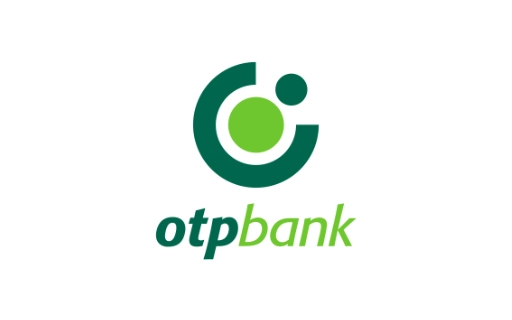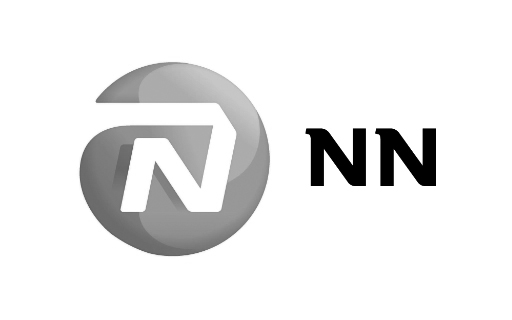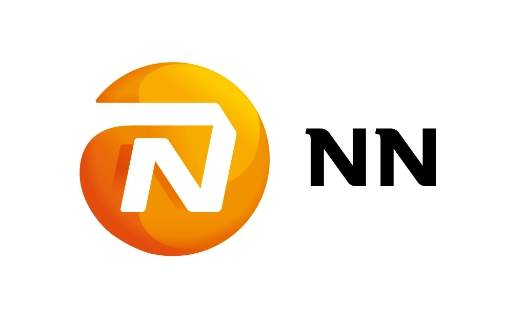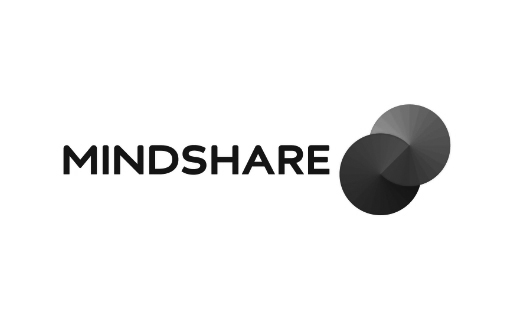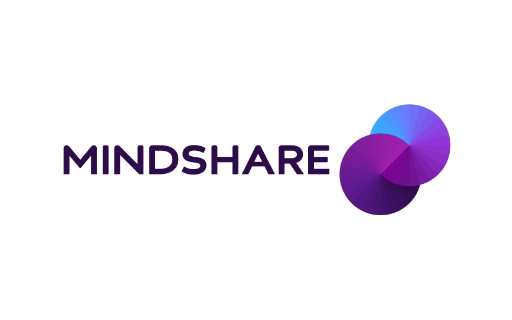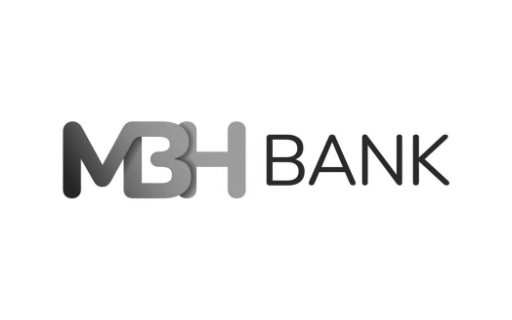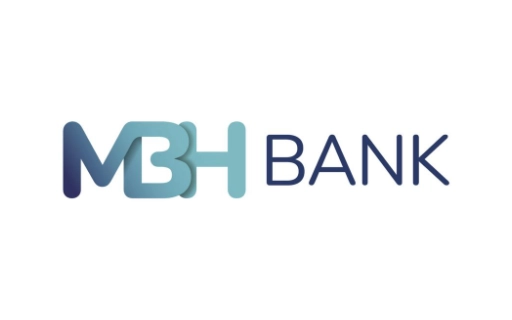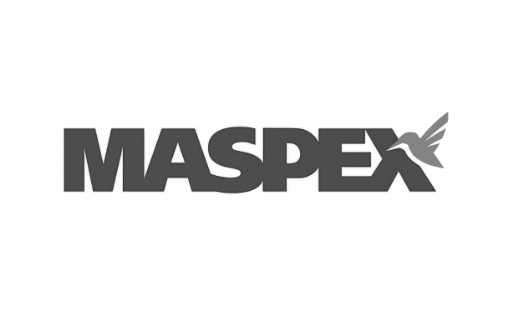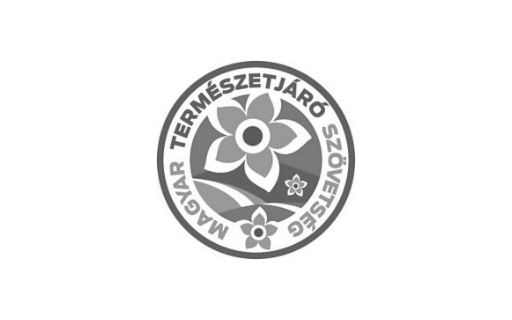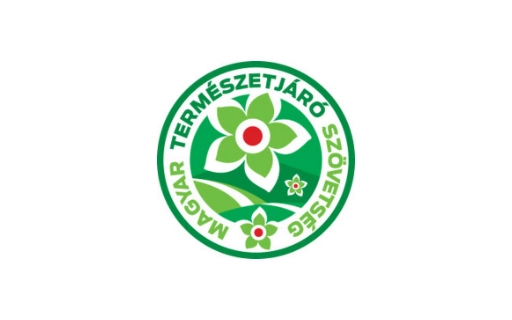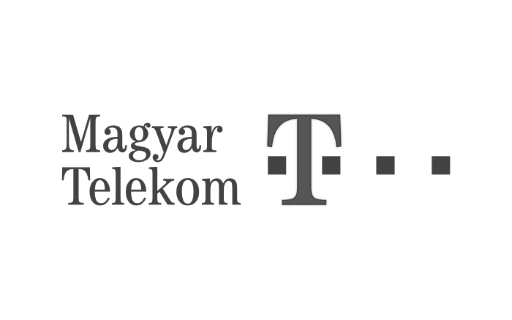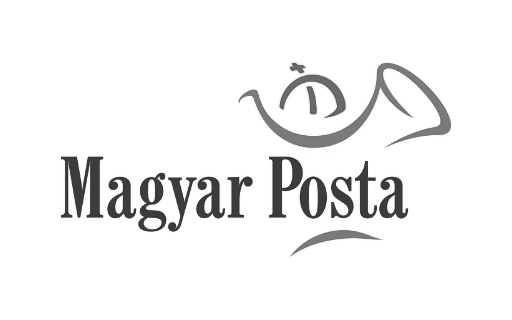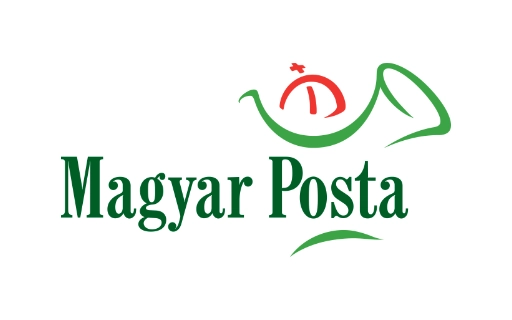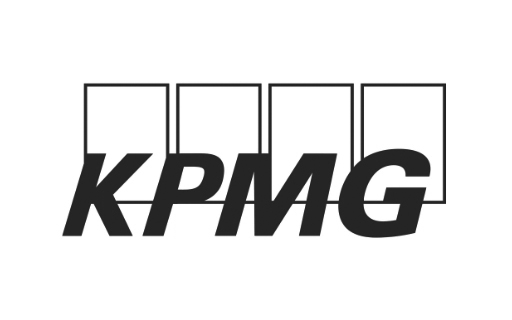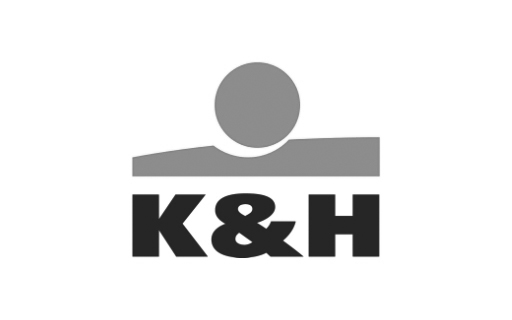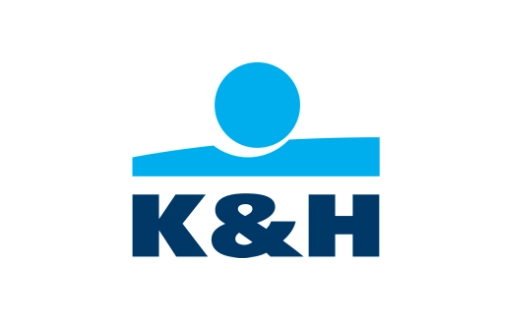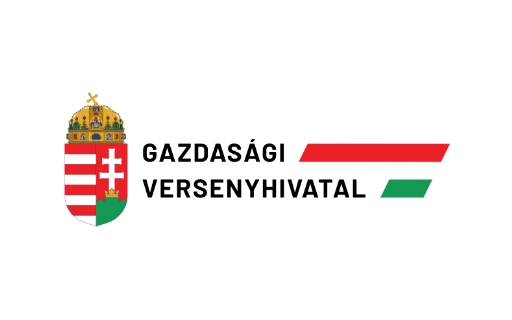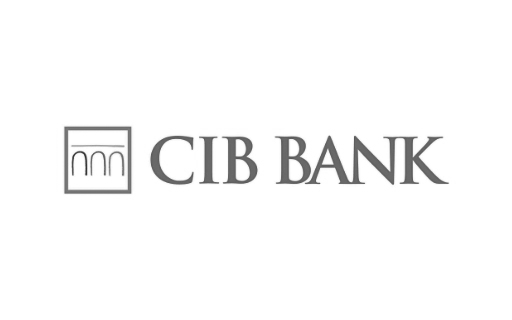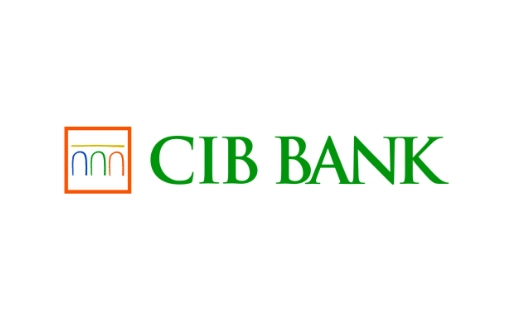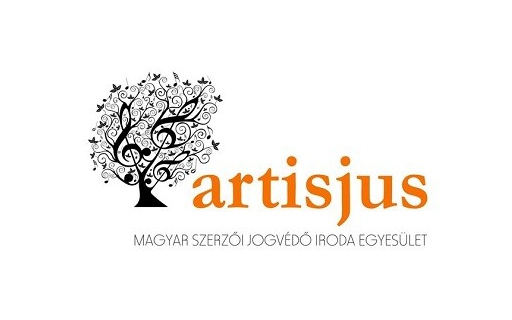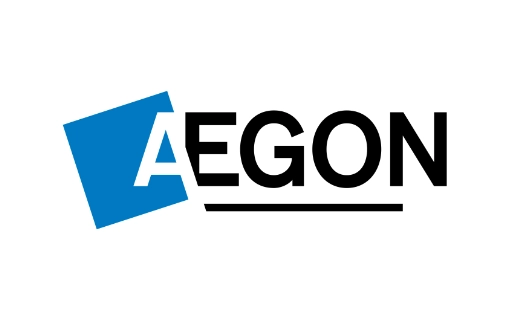
Nagyjából fél évvel ezelőtt jöttek létre Magyarországon az első, közösségi vásárlásra szakosodott weboldalak, és azóta már tucatnyi ilyen honlap kínálja a csoportos kedvezményeket. Maga a téma is egyre népszerűbb: mind több cikk, előadás, fórum foglalkozik vele, így hát az NRC is elvégzett egy felmérést, amelynek középpontjában a közösségi vásárlás állt.
A kutatás eredményeit elsőként a Netidők blogján tettem közzé (a poszt szombaton jelent meg), tegnap este pedig a rádióműsor asztaltársaságának tagjaként is beszélhettem a témáról.
A beszélgetés során is felmerült – de Konrád is feszegette a kérdést –, hogy tulajdonképpen ki húz hasznot a közösségi vásárlásból? Élvezheti előnyeit a vásárló, aki akár 50-60 százalékos kedvezményekkel juthat éttermi vacsorákhoz, szabadidős programokhoz vagy épp valamilyen szépségápolási szolgáltatáshoz – de húzhat belőle hasznot az eladó (a szolgáltató) is, aki az akcióval keresletet generálhat, és olyanokkal ismertetheti meg szolgáltatását, akik az akció nélkül talán sosem próbálták volna ki, így azonban elégedett vendégként, ügyfélként később kedvezmény híján is visszatérnek.
Nézzük először a fogyasztó oldalát. A kutatás eredményei azt mutatják, hogy a közösségi vásárlásban már tapasztalattal rendelkezők több mint 90 százaléka gondolja úgy, hogy a csoportos kedvezmények igénybevétele jó lehetőség a spórolásra; ezzel szemben a nagy többség – eddig legalábbis – nem érzi úgy, hogy valóban kevesebbet költene; sőt minden harmadik-negyedik vásárló a korábbiaknál nagyobb kiadásokba veri magát, amióta él a „pénztárcakímélő” csoportos vásárlás lehetőségével.
A magyarázat persze egyértelmű. A közösségi vásárlás úttörői tipikusan olyan internezők, akik nyitottak az újdonságokra – legyen szó egy új vásárlási formáról, vagy akár új termékekről, szolgáltatásokról. Többségük egyetért azzal, hogy a közösségi vásárlás hatására az ember hajlamos kipróbálni új dolgokat, köztük olyat is, amit egyébként – ha nem kínálnák kihagyhatatlanul vonzó áron – nem próbálna ki. Az újdonság és a mesés kedvezmény mellett pedig – véleményem szerint – az új vásárlási forma fontos eleme a közösségi jelleg is, még ha a vásárlók nem is ismerik egymást. Hiszen ahogy szívesebben térünk be egy zsúfolt étterembe, mint egy olyanba, ahol csak az unatkozó pincérek álldogálnak, ugyanígy nagyobb bizalmat (és persze vonzalmat) érzünk egy olyan szolgáltatás iránt, amelyre már többszáz netpolgártársunk bejelentkezett.
Ami pedig a kínálati oldal szereplőit illeti. Több helyről hallottam azt a véleményt, hogy bár a szolgáltatók akkor sem járnak rosszul, ha a közösségi vásárlók kizárólag az akció kedvéért látogatnak el hozzájuk, az igazi céljuk mégiscsak az kell hogy legyen, hogy ezek a vendégek visszatérjenek – márpedig erre kicsi az esély, hiszen az élelmes netező köszöni szépen a kedvezményt, de nem megy vissza többé, inkább rámozdul egy másik kedvezményre, valahol máshol.
Nos, ezt a feltételezést az adatok nem teljesen támasztják alá, ugyanis a közösségi vásárlók háromnegyede – annak ellenére, hogy többségük legfeljebb 2-3 alkalommal vásárolt így – már talált olyan szolgáltatást, amely annyira tetszett neki, hogy elgondolkodott azon, hogy később teljes áron is igénybe venné – és ami ennél is fontosabb: közel egyötödük már vissza is tért a tett színhelyére.
Az persze egy másik kérdés, hogy vajon a közösségi vásárlás hosszú távon milyen perspektívákkal számolhat. Hallottam olyan véleményt, miszerint az egész csak egy éppen felfújódó lufi, amely egyszer – talán nem is olyan sokára – kipukkad: egy ideig még kitart a lelkesedés és növekszik a piac, aztán viszont jön a gyors visszaesés – vagy mert a vásárlók unnak rá a dologra, vagy mert a kínálati oldal döbben rá, hogy ez az egész mégsem éri meg annyira.
Ahhoz persze, hogy egyáltalán lehessen lufiról beszélni, még komoly növekedésre van szükség a felhasználók számában. Eddig a felnőtt netezők kevesebb mint 6 százaléka próbálta ki a közösségi vásárlást – többségük még csak néhány alkalommal –, ugyanakkor ők nagy valószínűséggel a jövőben is nyitottak maradnak a netes akcióvadászatra. A többiek mintegy 20 százaléka valószínűsíti, hogy fél éven belül belekóstol a csoportos kedvezmények világába. Ez alapján én az év végére úgy 10-12 százalékosra becsülöm a közösségi vásárlók arányát a felnőtt internetezőkön belül, ami nagyjából 400 ezer embert jelent.


